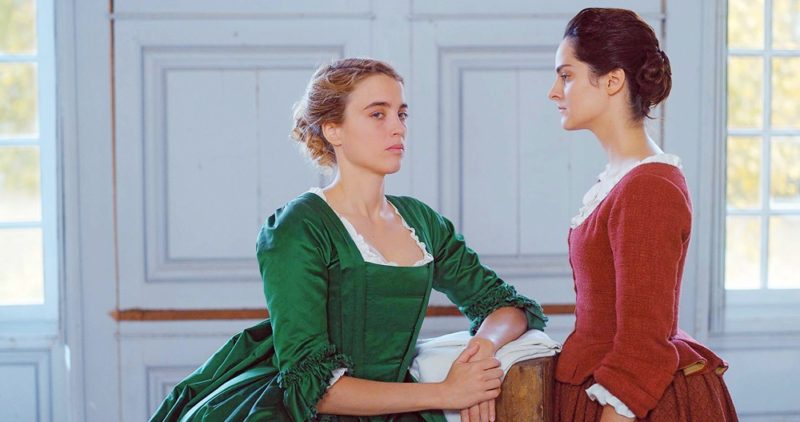Hollywood keeps its best films until last — most years — as the annual awards season looms. Judges’ memories are considered short, so fresher is considered better.
The arthouse and festival circuit operates differently, starting with Sundance and then Cannes in May, followed by other influential launch pads such as Venice, Toronto and London.
The New Zealand International Film Festival (NZIFF) from July onward is timed to catch some of the best from Cannes, provide a premiere venue for Kiwi productions and give a pointer to later regular screenings.
The supply is so great that mini-festivals, usually restricted to a single country or continent, have become more frequent.
The longest established of these are from France and Italy, but these have since been joined by Germany, Latin America, Africa, Russia and, most recently, the British Film Festival.
Normally, these would be considered too mainstream for festival status. But the British industry, which also encompasses Scotland, Wales and Ireland, is operating at a high level.
This year’s festival includes some spillover from the NZIFF, such as Mike Leigh’s Peterloo, Mrs Lowry & Son and Ray & Liz, as well as new releases — Tell it to the Bees (reviewed in the November 3 issue), Ken Loach’s Sorry We Missed You, the spy thriller Official Secrets and Hope Gap, with Bill Nighy. Two documentaries on Russia, Meeting Gorbachev (from NZIFF) and Citizen
K are also included, along with some classics.
If you exclude the 2019 Oscar contenders, shown earlier in the year, my top picks of the past year can be whittled down to five. Quentin Tarantino’s Once Upon a Time. . . in Hollywood is the only English-language one.
Three others are Korea’s Parasite, winner of the Palm d’or at Cannes, Germany’s generational epic Never Look Away and The Farewell, an American-Chinese co-production (all previously reviewed).
The final one, from France, is Portrait of a Lady on Fire (Madman), now on general release, after being launched at Cannes and, subsequently, the NZIFF.
Visually this is chocolate-box period fare at its best — it is set on a remote island off the Brittany coast in about 1770 — while the dramatic themes are deep and longlasting.
Worried that her daughter (Adèle Haenel) resents being married off to an Italian nobleman she hasn’t met, and is mourning the loss of her sister, a wealthy comtesse (Valerio Golino) engages a painter (Noémia Marlant) to do
a secret portrait, while posing as a female companion to bring her subject out of depression.
The focus is on their evolving relationship that is born of convenience. It is immeasurably enhanced by their appreciation of music and wild scenery that provide some of the best scenes you will see in modern cinema.
Writer-director Céline Sciamma won best screenplay at Cannes and was the main challenger to Parasite for top film. I haven’t seen her previous films (Water Lilies, Tomboy, Girlhood), which have coming- of-age themes, but this is a major step up and mercifully free, despite expectations, of imposing
contemporary attitudes on the past.
Rating: Mature audiences. 121 minutes.

Reader Interactions